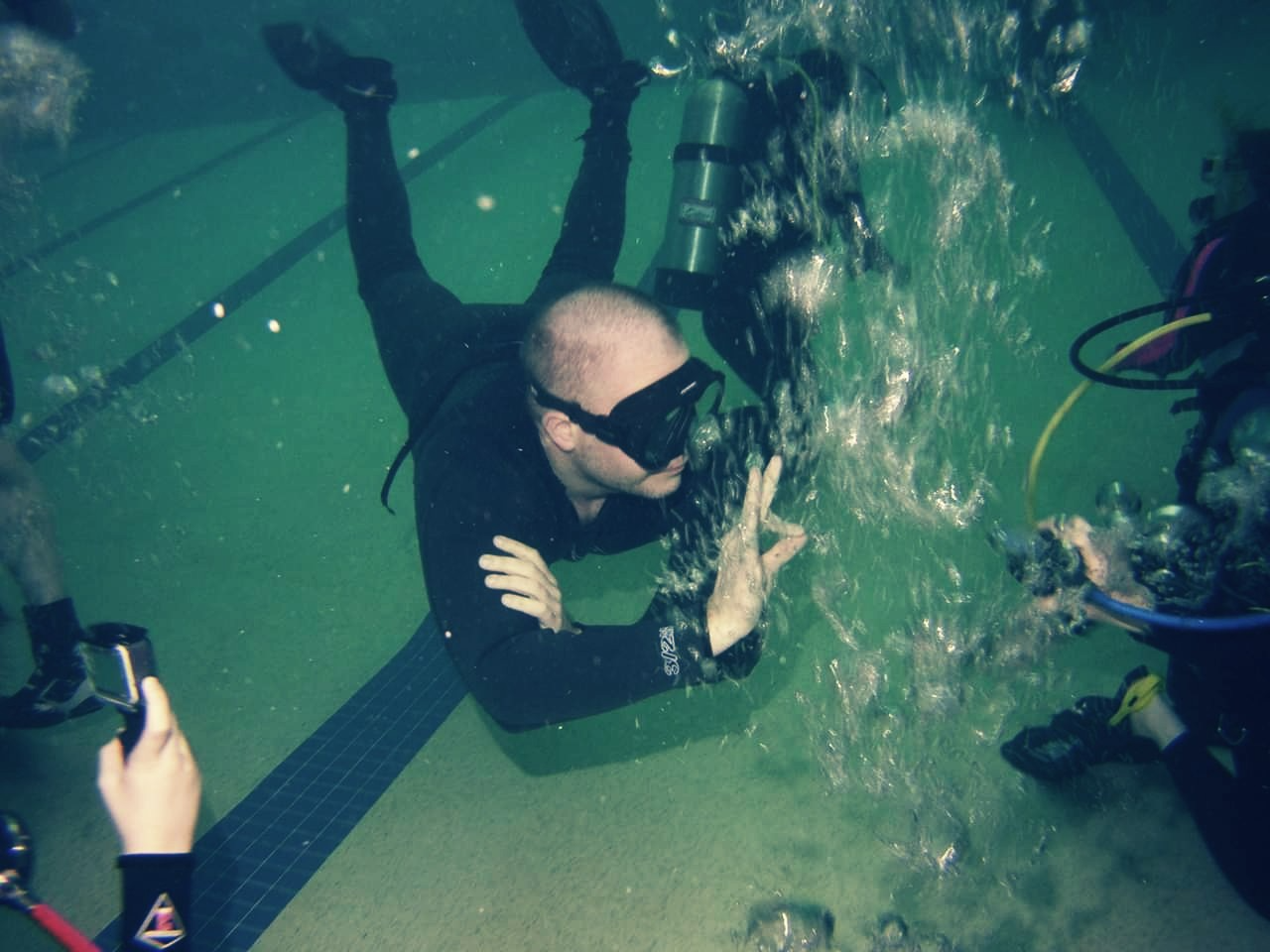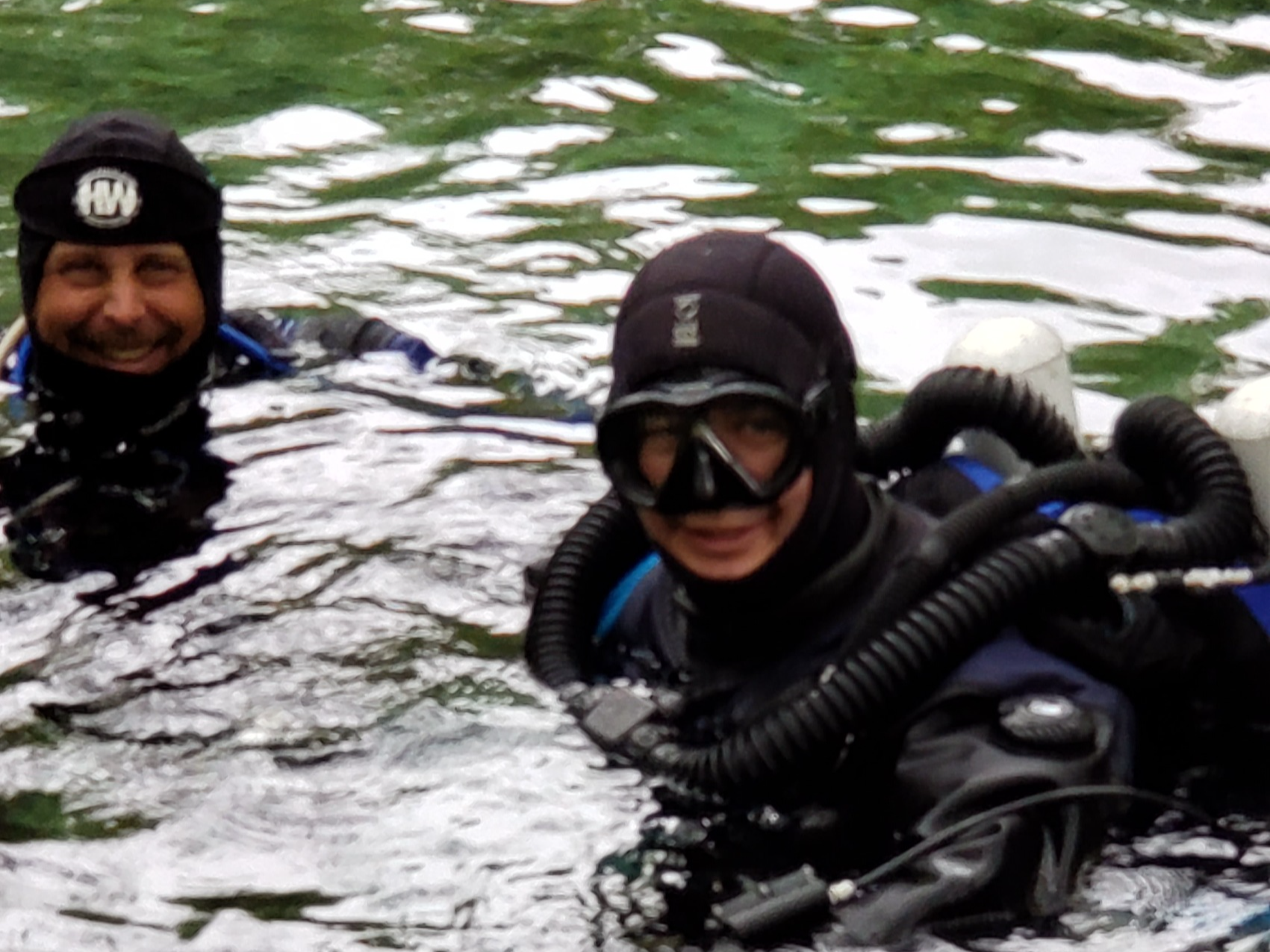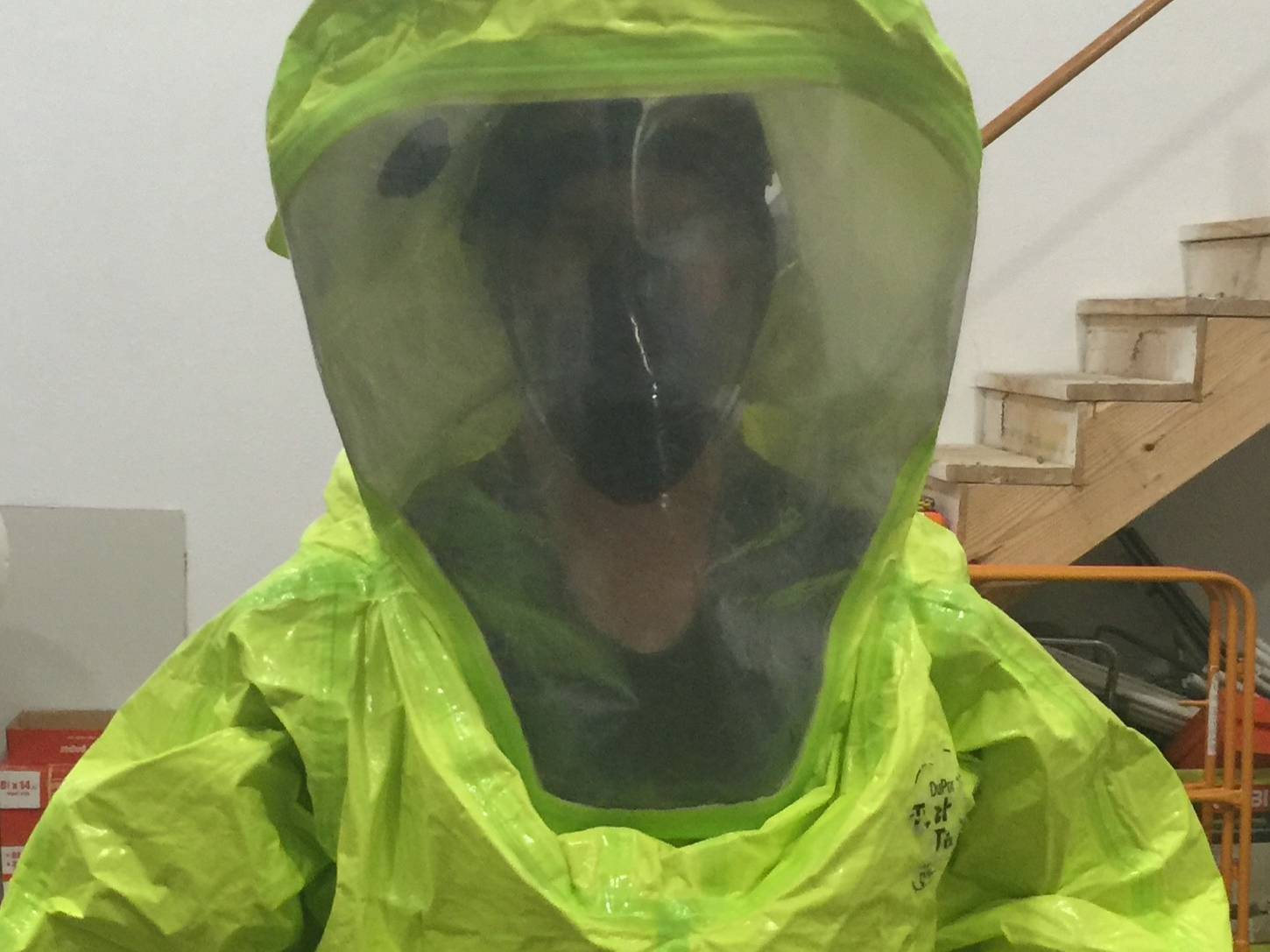Crafting Your Future in Chemical Engineering
Crafting Your Future in Chemical Engineering: A Guide to Professional Achievement by Kyle Vandermolen

Kyle Vandermolen suggests that Becoming a chemical engineer is rigorous and rewarding, offering a unique blend of scientific exploration and practical problem-solving. For those drawn to this vibrant field, understanding the roadmap to success is critical to turning aspirations into reality. This blog outlines essential steps and strategies for aspiring chemical engineers, providing a beacon for your professional journey.
The adventure begins in high school, where a strong emphasis on science, technology, engineering, and mathematics (STEM) lays the groundwork for future success. Excelling in chemistry and physics, coupled with advanced mathematics, is crucial. Engaging in STEM-related activities, such as competitions and science clubs, enriches this foundation, sparking early interest and providing valuable experience in solving real-world problems.
Entering a Bachelor of Science program in Chemical Engineering marks a significant milestone in your journey. This critical phase equips you with the foundational knowledge and skills necessary for the profession, covering areas such as process engineering, material science, and chemical reactions. Opting for an accredited college ensures a curriculum that meets industry standards and provides a robust education. Internships and cooperative education programs during this period are invaluable, offering hands-on experience, networking opportunities, and a clearer understanding of the field's diverse career paths.
For those aiming higher, pursuing a Master's or Doctoral degree opens doors to specialized research areas and higher positions within the industry. Graduate studies allow for an in-depth exploration of sub-disciplines such as environmental engineering, biotechnology, or process optimization, enhancing your expertise and marketability.
However, academic credentials are just part of the equation. The evolving landscape of chemical engineering demands continuous learning and adaptability. Keeping abreast of technological advancements and industry trends through workshops, seminars, and professional associations is essential. Membership in organizations like the American Institute of Chemical Engineers (AIChE) offers access to many resources, networking opportunities, and professional development programs.
Equally important are the soft skills that complement technical knowledge. Effective communication, teamwork, leadership, and problem-solving abilities are indispensable in the collaborative and interdisciplinary environment of chemical engineering. Developing these skills through group projects, leadership roles in student organizations, and internships can significantly enhance your professional profile.
As you navigate the path to becoming a chemical engineer, remember that success is a journey, not a destination. Embrace challenges as opportunities for growth, seek mentorship and collaboration, and remain committed to ethical practices and sustainability. With determination, curiosity, and a commitment to excellence, you can craft a fulfilling career that achieves professional achievement and contributes positively to society and the environment.








